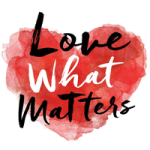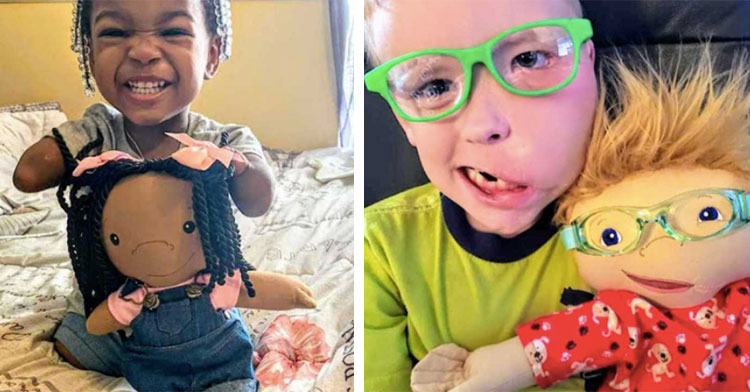Get more stories like this in your inbox! Sign up for Smile, our free daily good news email read by over 825K people!
“Let’s imagine you are going to take a young friend to the toy store today and the two of you are going to buy a doll. You want to find a doll that allows for play – real play – but not one that is complicated or requires batteries. Nothing sassy or messy, but something sweet. Perhaps something your little friend can take to bed…or maybe one that can go to the hospital for an upcoming series of treatments.
If your friend looks like my little girl, Kalea, the choices are endless. Kalea has blonde hair and blue eyes and fair skin. In fact, she could be the young version of many of the princesses she so dearly loves. But let’s imagine that your friend doesn’t look like her. Your friend has a limb difference. Or maybe she lived through the horrors of a house fire and her skin tells the story of that trauma. Actually, let’s pretend your friend’s cocoa-colored skin is a road map of scars where they cut tumors out of his body. His hair hasn’t grown back following months of chemotherapy and radiation, so he is bald. Do you see one like that on the shelves?
Let’s go a bit further…when DO you see kids like that? How often do you see those sweet faces in commercials or in books? What was the last TV show you saw featuring a child like one of the above? Not very often, right? Those are my kids. Those are the ones I fall in love with every single day. Those are the ones whose features I study and find so enduring. Those are the stories that sometimes move me to tears and are hard to read. Those are the kids who should look into the sweet face of a doll and see their own.

I am a doll maker. I make dolls for kids who will never see themselves on the store shelves. I work tirelessly to get dolls into the arms (and legs!) of the kids they belong to. I want to tell you my story because I believe you will fall in love with them, too. It might help us understand what ‘representation’ actually means and why it’s so important. We are a global community and at the end of the day, we belong to each other. I also believe we all have a skill set – something we can offer each other. This doll-making happens to be mine.
There are thousands and thousands of adults who so desperately want you to look at the child they adore and see the same beautiful treasure they do. They want you to offer that hypothetical place at the table and say, ‘Grab a seat here next to me. I want you here and we need you to participate.’ WHO we see and HOW we see them matters to the millions of kids that don’t look like most of the images they are bombarded with on a daily basis. And it starts with something as simple as a doll.
There’s nothing quite like a doll. Some of the older kids I’ve made dolls for will tell you they never imagined how powerful it would be to see themselves. You’d be amazed if I told you all of the places these kids take their ‘friends,’ their ‘mini-me.’ Don’t we all want to be seen? Parents often tell me how the comments have shifted from ‘what’s wrong with your daughter’ to ‘how cute that her doll looks just like her!’ That’s an entirely different message, isn’t it?
This story originally appeared on Love What Matters.
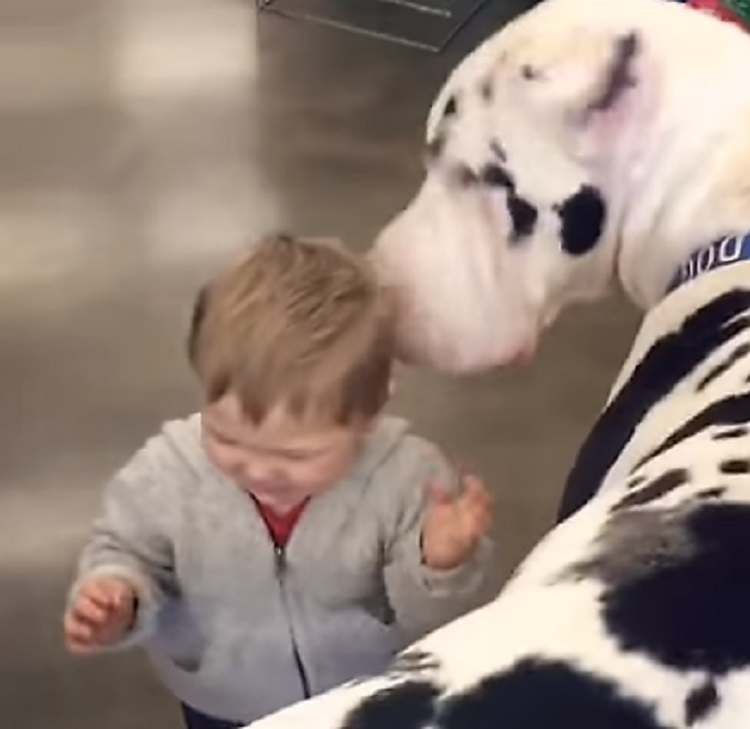
Interestingly enough, my Master’s thesis was on the healing power of play. To reach children and make a difference, we have to speak their language, and play IS the language of children. Psychologists agree dolls are a critical part of therapy with children and most would also agree children need to see THEIR faces in the dolls they play with. Before staying home with my own kids, I was a pediatric oncology social worker, and I can tell you how important dolls are for a variety of reasons. Imagine doing therapy with the little guy I described above. Play in a hospital setting is so interesting because you simultaneously want to empower the child in a seemingly out-of-control situation, educate them about what’s happening, ease their fears, and provide comfort. Dolls are perfect for this job! But imagine that little guy above — whose beautiful skin doesn’t look like the pale, blonde doll on his lap. ‘Pretend this is you,’ seems unrealistic and a bit of a stretch. We do children a disservice when we don’t give them the basic courtesy of something that looks like they do. THAT’S representation. Whose face we see absolutely matters. I have the privilege of knowing many of those faces, falling in love with them and their stories, and creating a doll in their likeness.
My first doll was for Macey, a sweet little girl whose leg had been amputated. It was never a doll I considered making… not because I was opposed to the idea, but more because I never thought about it. I didn’t have to. Admittedly, that is one of the most important lessons I’ve learned in this doll-making. ‘Doing something’ involves more than just caring about people. It means heightening my awareness of who is and isn’t represented. It means revisiting ‘who is missing from this table’ on a daily basis. And it means finding opportunities to talk about how we can change the narrative and advocate for inclusion.
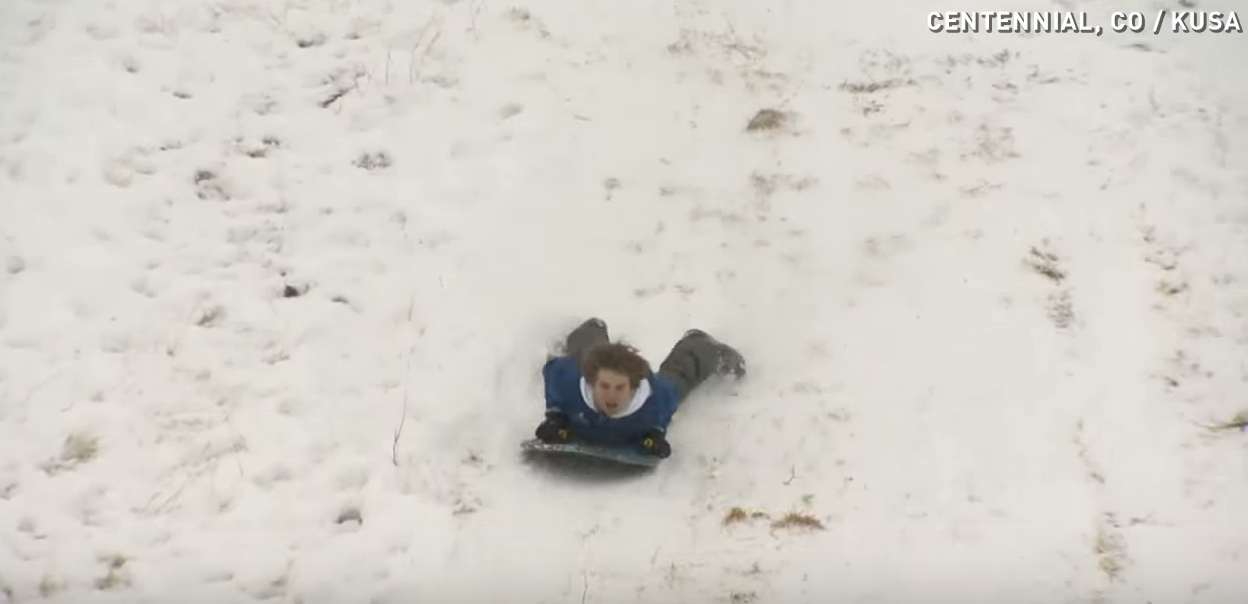
Initially, all of the dolls I made had limb and hand differences. Shortly after, however, I began making dolls for kids adopted from China with albinism (Chinese features with white hair and blue eyes!), dolls with varying degrees of scars and birthmarks, dolls with medical equipment or no hair from cancer treatments, dolls with facial anomalies, and dolls with features of Down syndrome. The list is endless and even typing it makes my heart heavy. It means all of those kids can’t walk into the toy store and see themselves on the toy shelves. It means most of those kids have an unspoken understanding there is a societal expectation of how we ‘should’ look.
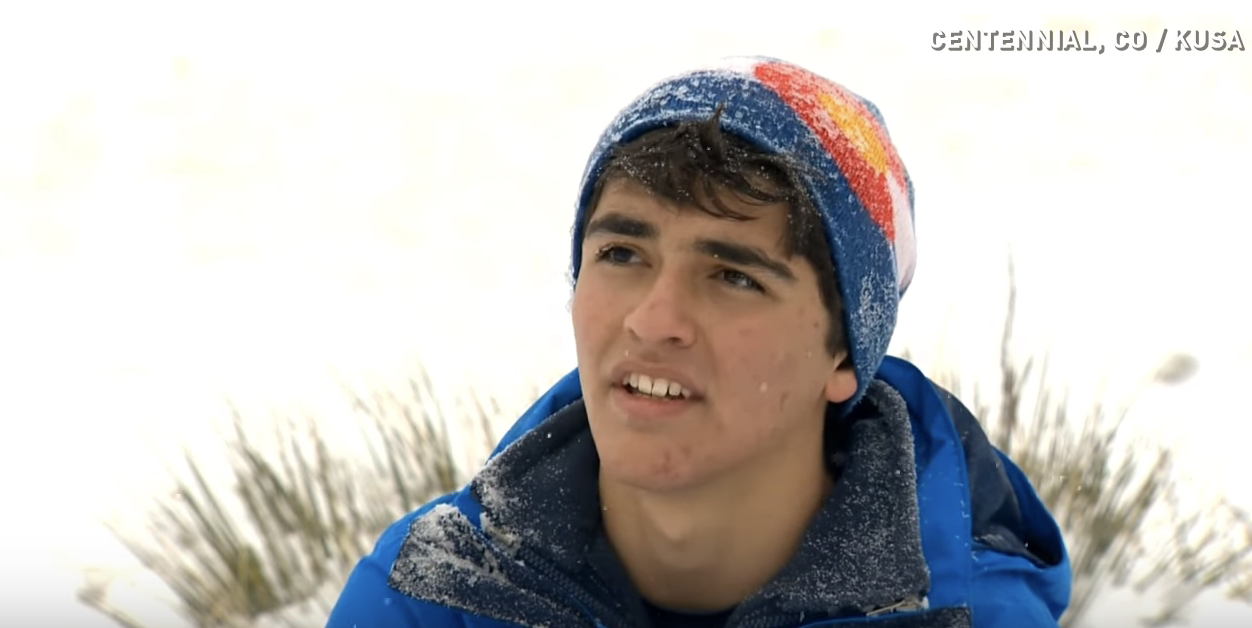
Think it doesn’t matter? I’ve heard from a number of people who say – ‘Amy, I grew up without a doll that looked like me and I turned out fine. Society has become too accommodating.’ However, it’s important to note most of the people saying that are NOT people of color and do NOT have a visible difference or medical issue. Remember what I just said above? I didn’t think about it because I didn’t have to. Sometimes we get stuck there. I believe we cannot experience true empathy and an understanding of why representation matters until we look into the face of these children, watch their reactions to receiving a doll, and hear what they say about what seeing themselves actually means. Oftentimes I hear from adults who will say, ‘Having a doll that looked like me could have been a game-changer,’ or ‘I struggled my whole life with how I looked and I would have loved to have a doll that looks like me.’ I even have a video of some of the really little guys whose faces light up when they realize the doll they are holding is them!
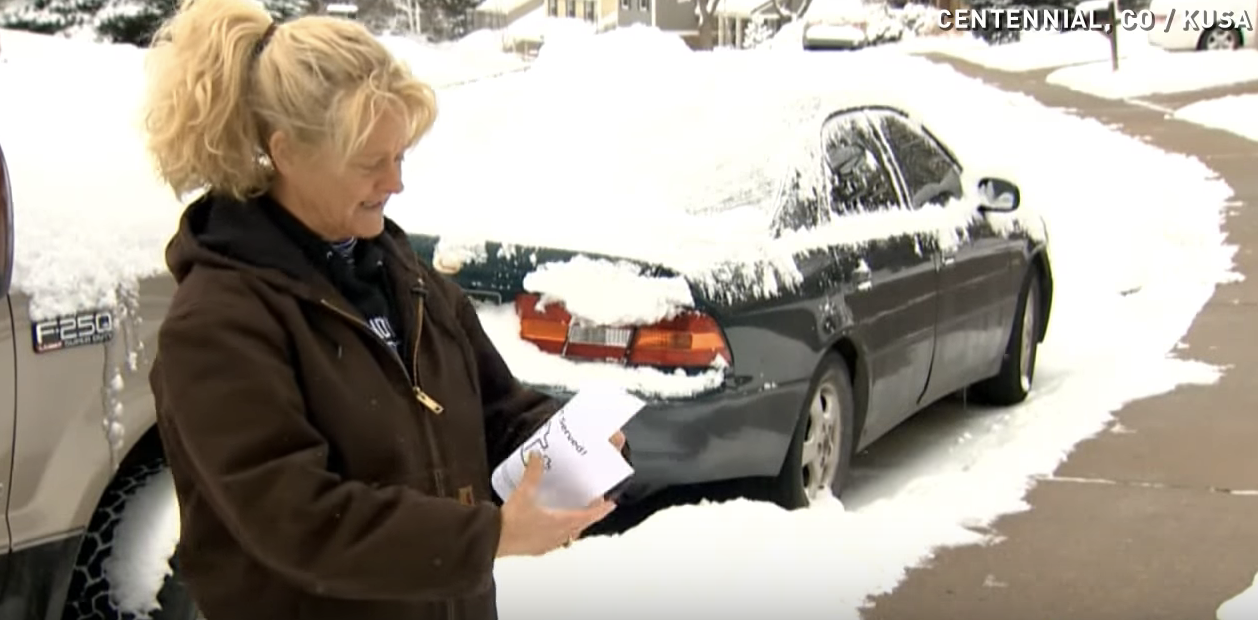
One doll, made for a friend of a friend, turned into another and another, and suddenly I was looking at trademarks and lawyers and a waitlist hundreds of dolls deep. That’s how I know we are hungry for a shift. We want ‘representation matters’ to be more than a hashtag on social media!
I work at my dining room table and my kitchen counter doubles as a work station. We haven’t eaten at our dining room table in over three years! As I type this, my husband is reading at the kitchen table – where the doll next to him is waiting for finishing touches. My glue gun sits on the counter so I can do one more thing before I go to bed. My little girl likes to play, ‘mail the doll’ when she finds a box big enough for her to fit in. She climbs inside and I have to pretend like she’s the doll I’m mailing. It’s what she knows! My family understands this is important to me and when you have a ‘calling,’ for lack of a better word, you go with it. My kids see someone with a limb difference and get so excited – ‘That person should have a doll!’ I realize my love for crafts, my love of kids, and my passion to make a difference have all combined to create lightning in a bottle. I do this because I need to. I see kids in public and think about what color fabric I’d use for their skin. I read stories and think about how many kids should go to sleep at night with a cuddly doll tucked under their chin. I do this so that Keagan and Sloan and Emma and everyone else can grow up knowing someone cares; they are perfect just the way they are; and they have a place at the table.
I believe we are ready for a new narrative. Scratch that. We aren’t just ready for a new narrative, we are hungry for one. This new narrative includes everyone and gives everyone (yes, everyone) a place at the table. One of the things I tell my doll audience is that we are consumers. Demand change. Tell people what you want to see and support the companies that are part of the paradigm shift.
As for me, I like to say the 10-year-old version of Amy is THRILLED I still get to play with dolls many (many!) years later. I love being able to combine my passion for social work with creativity. It is a privilege and an honor to be invited into lives filled with beauty, tragedy, joy, pain, pride, and raw emotion. I get to provide dolls for those at the beginning of their lives and for those who sometimes are at the end. I am humbled and thrilled by the response I have received. Remember, that which makes us different also makes us beautiful and because of that, everyone deserves to look into the sweet face of a doll and see their own.”
This story was submitted to Love What Matters by Amy Jandrisevits . You can follow their journey on Instagram.
Get more stories like this in your inbox! Sign up for Smile, our free daily good news email read by over 825K people!
Want to be happier in just 5 minutes a day? Sign up for Morning Smile and join over 455,000+ people who start each day with good news.


